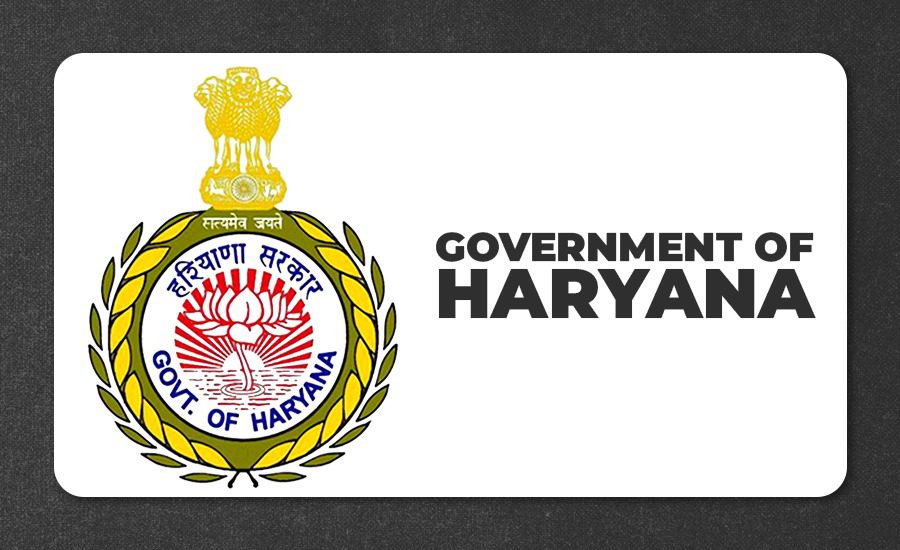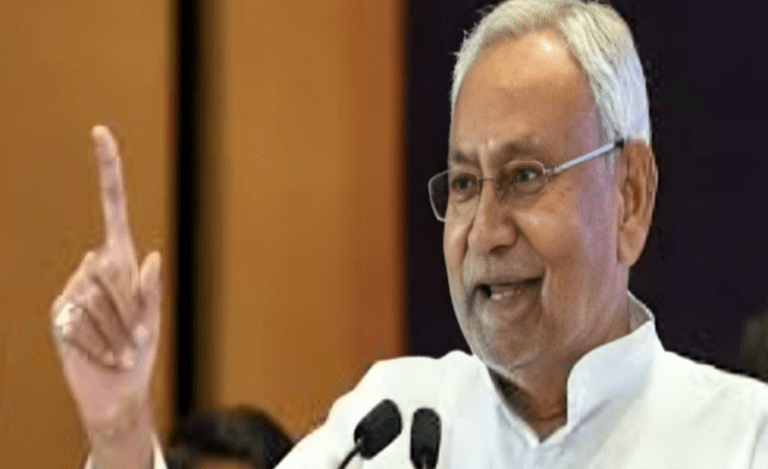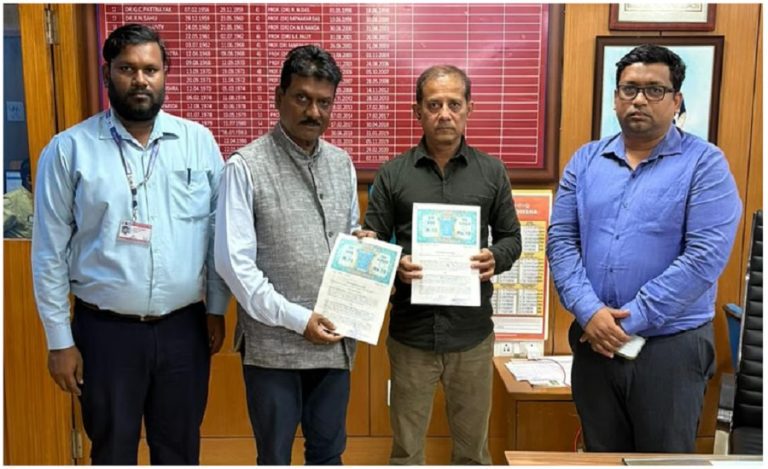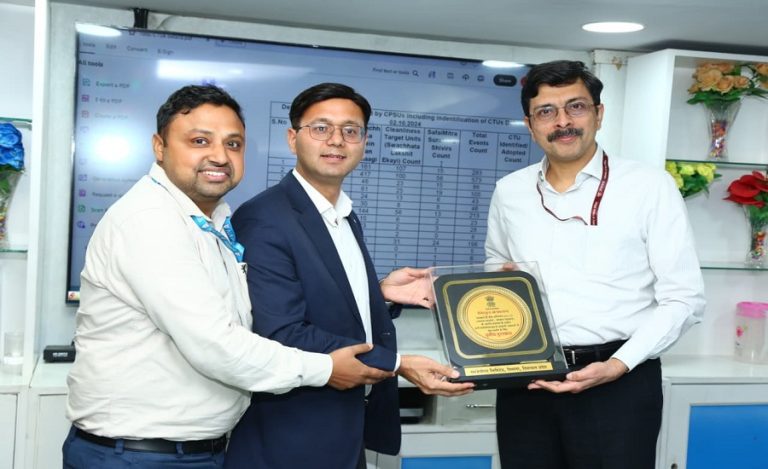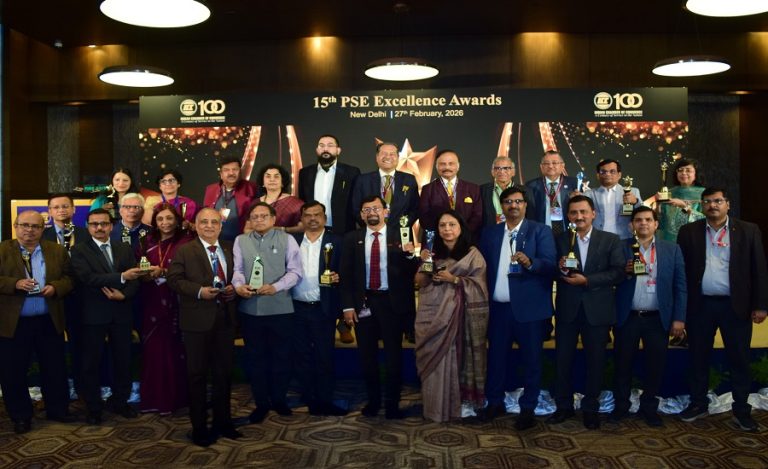New Delhi: The Haryana government has refused to grant prosecution sanction against 2009 batch IAS officer Jaibir Singh Arya, who was arrested by the Anti-Corruption Bureau (ACB) in 2023 for alleged corruption. This decision effectively prevents the investigating agency from filing a charge sheet or challan in court to initiate trial proceedings against Arya, marking a significant setback for the ongoing case.
Background: Allegations and Arrest
Jaibir Arya, who was serving as Managing Director of the Haryana State Warehousing Corporation (HSWC), was arrested in October 2023 following an ACB investigation into a bribery scandal. According to the FIR, Arya allegedly solicited a ₹3 lakh bribe through intermediaries to facilitate the posting of a complainant’s wife as Kurukshetra district manager. Arya was incarcerated for over a month before being granted bail in November 2023.
The case involves other accused officials, including Sandeep Ghanghas of HSWC, Rajesh Bansal—allegedly acting as Arya’s middleman—and a Panchkula-based shopkeeper Manish Sharma, who was reportedly tasked with receiving the bribe money.
Reason for Denial: Violation of Section 17-A of the Prevention of Corruption Act
Top government officials revealed that the primary reason for declining prosecution sanction was the ACB’s failure to obtain prior approval from the state government under Section 17-A of the Prevention of Corruption (PC) Act before registering the FIR and arresting Arya.
An official explained, “Since Arya was not caught red-handed accepting the bribe—a fact noted by the court during bail proceedings—the ACB should have sought prior government approval before naming him in the FIR and proceeding with the arrest.”
While the ACB contended that this was a trap case backed by electronic evidence proving the demand and acceptance of bribe money, the state government rejected this claim, stating that prior sanction was legally mandatory in this instance.
Legal Expert Opinions: Importance of Prior Approval
Senior criminal lawyer Vikram Chaudhri emphasized that the ACB’s procedural lapse created a legal loophole that benefited the accused IAS officer. “The FIR should have been preceded by a preliminary inquiry because the direct involvement of Arya was not clearly established in the FIR,” Chaudhri said.
He added, “Section 17-A of the PC Act mandates prior government approval before any investigation or inquiry against public servants, except in trap cases where the accused is caught red-handed.”
Chaudhri further explained that bypassing this mandatory step can lead to vitiation of the entire investigative process, undermining the prosecution’s case.
Legal Context: Supreme Court Judgement and FIR Registration
Referencing the landmark Lalita Kumari judgment by the Supreme Court, Chaudhri highlighted that if information reveals a cognizable offence, an FIR must be registered immediately. However, if the information does not disclose a cognizable offence but suggests the need for an inquiry, a preliminary inquiry should be conducted first to ascertain if the offence has occurred.
“The role of a preliminary inquiry is limited to determining the presence of a cognizable offence, not to verify the truthfulness of allegations,” he added. The quality of evidence at this stage is crucial in deciding further action.
Implications and Controversies
The Haryana government’s refusal to grant prosecution sanction has sparked debate on accountability and the legal protections offered to bureaucrats under the Prevention of Corruption Act. Critics argue that the procedural safeguards designed to protect honest officials can sometimes be misused to shield corrupt officers.
The case also underscores the challenges faced by investigative agencies like the ACB in navigating procedural requirements, balancing due process, and pursuing corruption charges against high-ranking officials.
Conclusion
The denial of prosecution sanction stalls the legal process against IAS officer Jaibir Arya, illustrating the complexity of anti-corruption efforts within India’s bureaucratic framework. While the ACB insists on strong evidence against Arya, procedural missteps have significantly impeded prosecution.
Legal experts and activists continue to call for reforms to streamline corruption investigations while ensuring that safeguards against misuse do not hinder justice.

